Post-July Shilpakala: The cultural spearhead needs to change internal culture

Founded in 1974, Bangladesh Shilpakala Academy was established in the fragile aftermath of the country's independence. It was envisioned as the cornerstone of the nation's cultural renaissance — a place to safeguard heritage, foster creativity, and shape the collective memory of a young nation. The academy was supposed to be a space where national identity could be nurtured through fine arts, theatre, music, dance, research, and education, providing a cultural heartbeat to a fledgling nation.
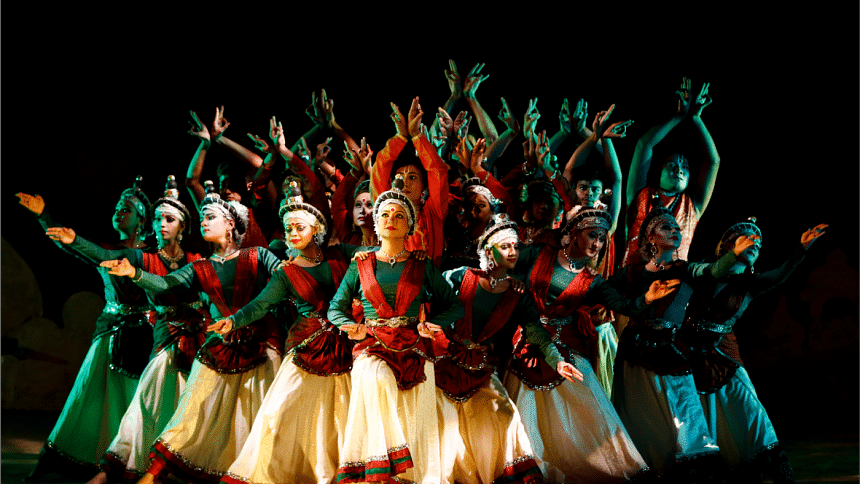
Yet, over the years, the academy has seen an unsettling transformation. Once a bustling hub of creativity, it now struggles with internal disorder, bureaucratic stagnation, and corruption, which have cast a shadow over its once-pivotal role. The heavy presence of armed forces within its premises, the decimation of effective administrative functions, and the mounting issues within its internal management point to a far-cry from its once vibrant past.
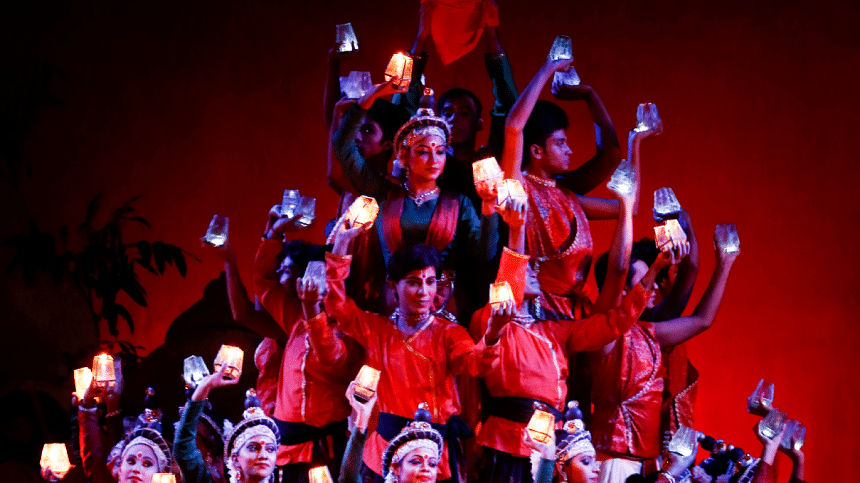
More than just a home for the arts, it has long been a custodian of collective memory, responsible for shaping a culturally enriched, humane Bangladesh, rooted in its historical context. Despite its undeniable impact in preserving traditions, amplifying artistic expression, and cultivating national identity, the institution has long been a target for political manipulation, corruption, and political parties' quests to control the cultural conscience of the country.
As I entered the premises, it was clear that something had drastically shifted. The halls, which were once full of life, were now eerily empty. The routine programming, once full of promise, felt overshadowed by the looming presence of armed forces, rather than the vibrant creative energy that once defined the Academy's essence.
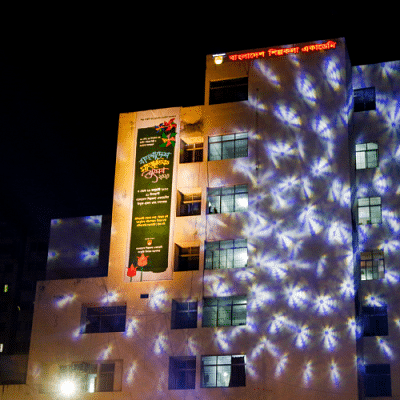
Ehsanur Rahman, a drama instructor at the academy, offered his insight into the current situation: "To my observation and understanding, Bangladesh Shilpakala Academy is a specialised, self-governed institution," he remarked. For 13 years, Rahman alleged, the former Director-General, Liaquat Ali Lucky, subjected him to routine harassment, withholding his salary, ordering arbitrary transfers, and attempting to obstruct his professional duties.
"However, because our budget is allocated through the Cultural and Finance Ministries, we must comply with their financial regulations," he continued. "The nature of cultural programs doesn't always allow for long-term planning that matches bureaucratic timelines. As a result, we often work with whatever budget we initially receive, adjusting the accounts later when the actual funds arrive."
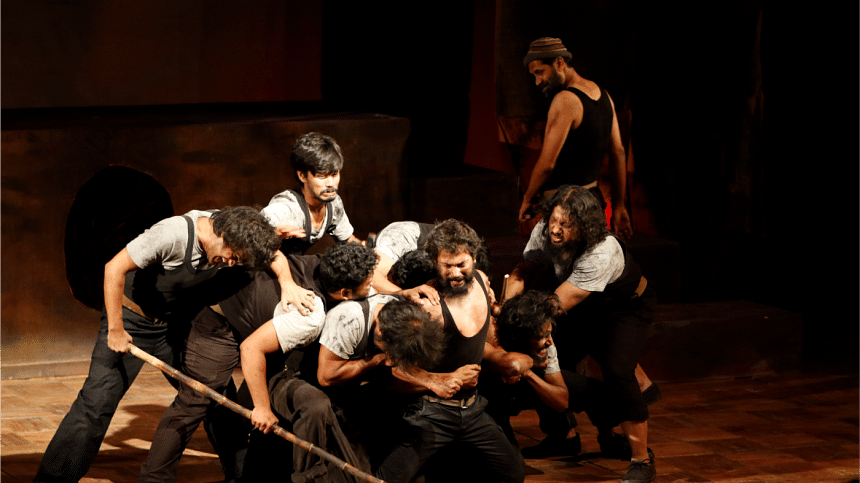
Reflecting on the internal controversies, Rahman stated, "Former Director General Liaquat Ali Lucky orchestrated a level of corruption beyond measure. He routinely secured funds at his discretion and pressured us into falsifying documents to cover irregularities. The DG position, being contractual, meant he bore no accountability for the misappropriated funds, while he and his associates benefited immensely. Now, many of our colleagues, who had no involvement in these schemes, are being dragged into investigations by the Anti-Corruption Commission."
The academy has yet to recover from the long-standing mismanagement, and many of those involved in these illicit practices continue to hold sway within the institution. As Rahman pointed out, even some of the personnel who were victims of these corrupt schemes are now hesitant to work under the same people, creating a disjointed and chaotic work environment.
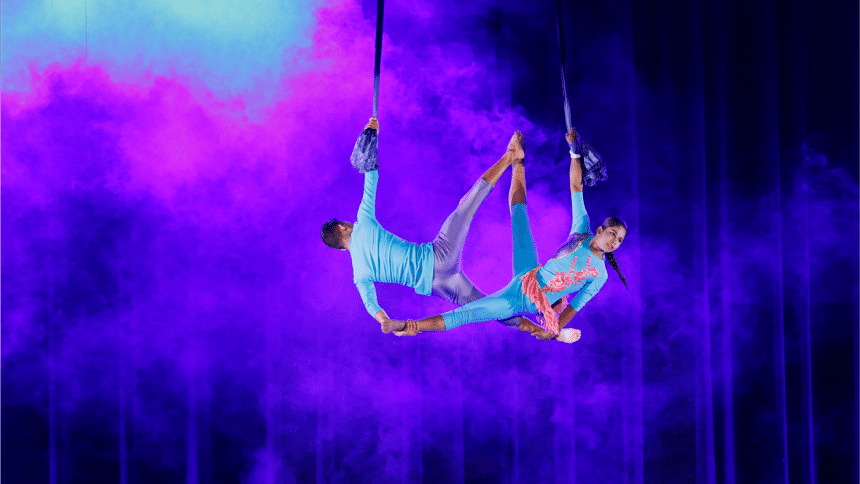
"The academy needs a robust overhaul, from top to bottom," Rahman added. "The lingering influence of those who were part of Liaquat Ali Lucky's corrupt regime remains, causing disarray. The appointment of Syed Jamil Ahmed as DG after the July uprising gave us renewed hope. His enthusiasm and energy were infectious, and we began working on new projects like band shows and rap songs. But his sudden resignation left the academy in limbo, and with Md Waresh Hossain acting as the DG, the academy is left with a backlog of work to address, inherited from 12 years of questionable leadership."

The academy's internal structure, divided into six specialized divisions — Fine Arts, Theatre and Film, Music, Dance and Recitation, Research and Publication, Training, and Production — is designed to provide a holistic approach to the country's artistic life. Each division is managed by a director, ensuring focus within its respective field. Yet, while these divisions are crucial, they are often isolated, with little interdepartmental collaboration or shared vision.
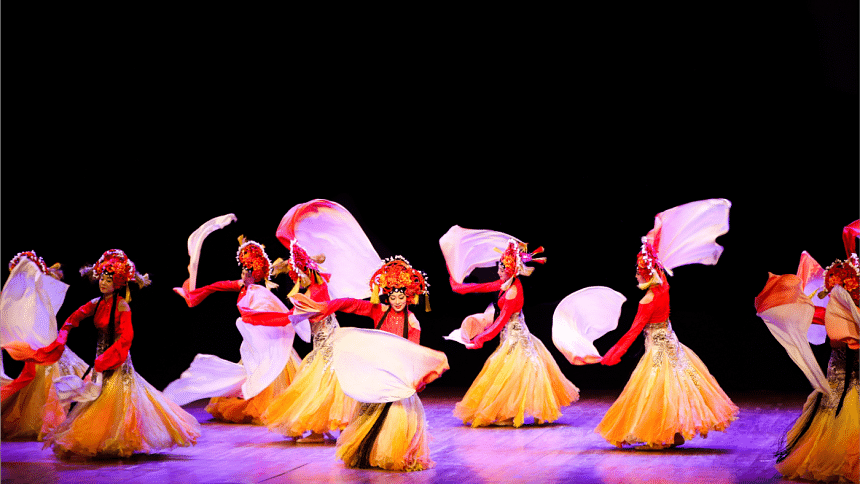
AFM Nurur Rahman, director of the Training Department, shared his perspective: "I believe that when a country undergoes a major shift, it naturally impacts all sectors. When there is a collective expectation for change, innovation is bound to follow — and Shilpakala Academy is no exception." Yet, despite such claims, the Academy remains fractured, with few departments working cohesively. Both Rahman and Mehjabeen Rahman, the Director of the Music, Dance, and Recitation Department, noted that their focus remains confined to the departments they oversee. This reflects a longstanding issue: the lack of institutional cohesion.
Even within the Training Department, efforts to instigate change are described as "several initiatives that were previously unimaginable at the Academy." This statement subtly critiques the institution's long-standing inertia and resistance to reform. The comment hints at the deep-rooted challenges facing the academy, with Rahman admitting, "You can't bring the whole country into a celebratory mood through training alone. But we've tried to integrate training initiatives alongside other departmental programs to complement the overall effort." The need for such integration underlines the failure of the academy to operate as a unified, strategically coordinated entity.
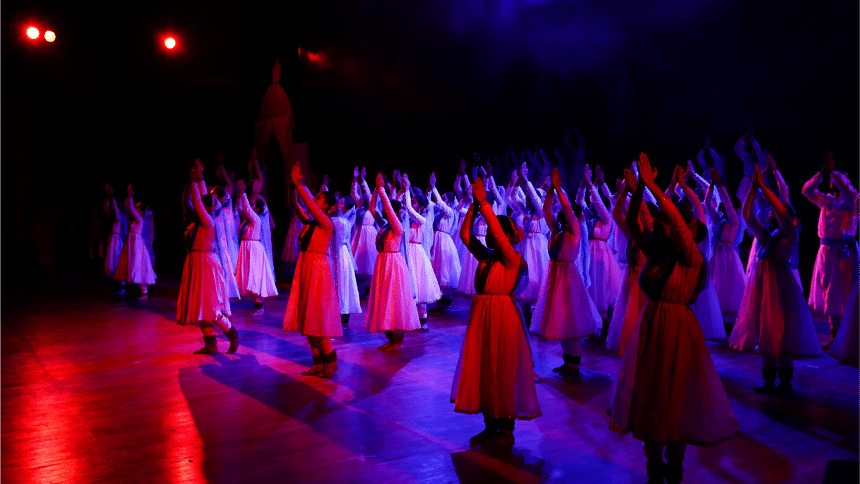
While innovation has been introduced in isolated pockets, the structural weaknesses continue to undermine the academy's cultural leadership. The institution's pervasive issues of internal fragmentation and lack of transparency diminish its ability to lead the country's artistic community.
The tension between creative freedom and the political control exerted over Shilpakala Academy is another major concern. Officials have openly acknowledged the underlying rigidity in framing historical narratives at the academy.
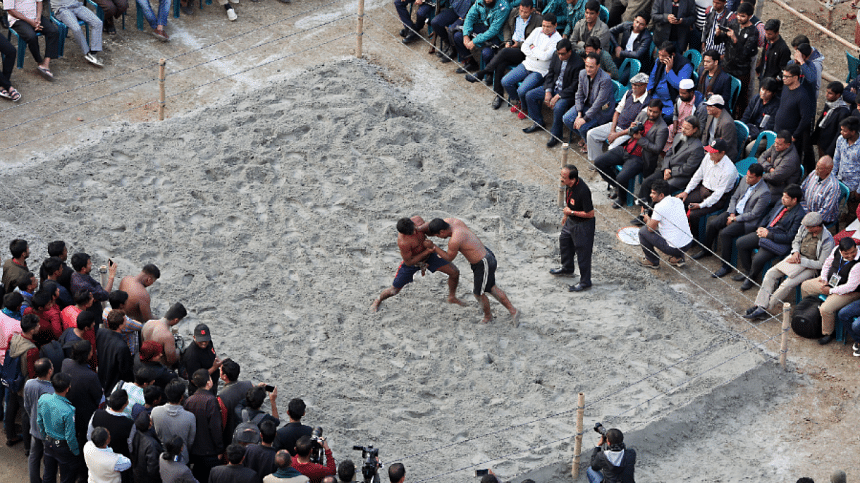
The academy's vulnerability to political interference is a defining feature of its operation. One insider remarked, "If we want to reduce this undue influence, or if we want Shilpakala Academy to be seen as a cultural institution governed by the arts and literature — not politics — we must reflect on the fact that for the past 16 years, the academy was singing praises of the Awami League, often compelled in doing so. Now, with the emergence of a new political party, we see attempts to dominate BSA once again." Political interference often turns artistic expression into a tool for political gain, undermining the academy's role as an independent cultural body.
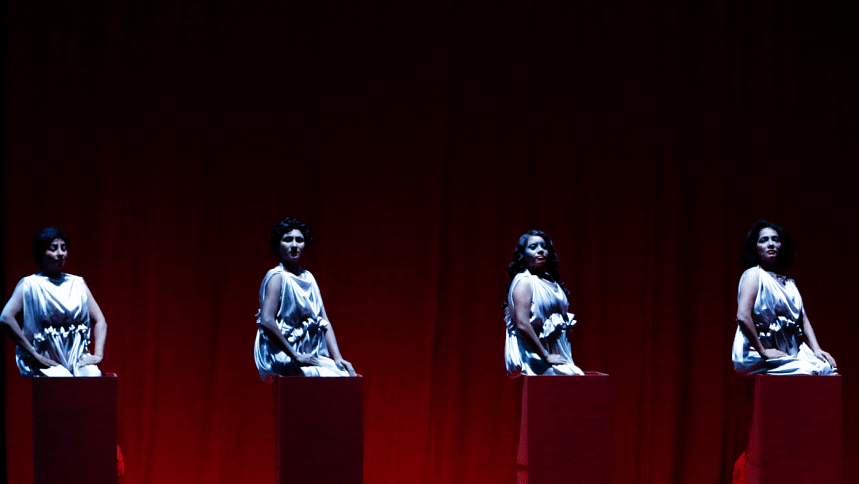
To mitigate these challenges, cultural leaders like Fahal Hossain, president of Shilpi Samity, and Ehsanur Rahman suggest that Shilpakala needs a neutral, apolitical leadership. "We need an experienced bureaucracy at the helm of the DG position if we want to make Shilpakala a truly self-governed institution," they argued. "Political interference not only compromises the academy's neutrality but distorts its cultural programming. We need to rethink the structure and operation of the academy."

Further, Hossain and Rahman have proposed that the Bangladesh Shilpakala Academy Act of 1989 and Service Rule 1992 be revised to address the institution's outdated financial and administrative framework. The current structure, they argue, fails to meet the present-day needs of the academy, particularly regarding budget allocation and financial management. Additionally, a more robust employee appraisal system would ensure fair promotions and wages, fostering greater morale and commitment.
The internal disarray continues to cripple the academy. "There are real problems, especially regarding the types of projects undertaken by Shilpakala. There's chaos within the management," one insider admitted. However, efforts to resolve these issues are often stymied by a lack of dialogue and cooperation. "Have we ever actually sat together and tried to talk about it?" one official asked, reflecting the prevailing atmosphere of miscommunication and finger-pointing that plagues the institution.
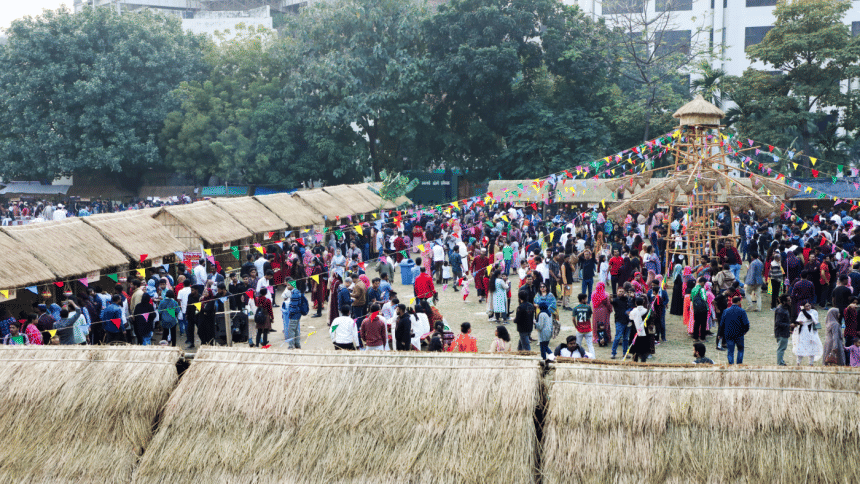
Despite these internal divisions, many officials acknowledge the necessity of structured meetings to resolve ongoing challenges. Quarterly meetings mandated by the academy's governance structure have long been neglected. Moreover, the inclusion of representatives from all employee associations would significantly improve the academy's performance and accountability.
Bangladesh Shilpakala Academy faces monumental challenges, stemming from deep-rooted corruption, political interference, and internal disarray. If the institution is to fulfill its potential as a beacon of artistic and cultural excellence, it must undergo a sweeping overhaul. The current leadership needs to establish a clear, unified vision, free from political pressure, and restructure the academy's outdated governance model. Only then can the academy regain its status as the cultural spearhead of the nation.

 For all latest news, follow The Daily Star's Google News channel.
For all latest news, follow The Daily Star's Google News channel. 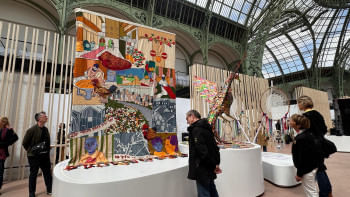








Comments